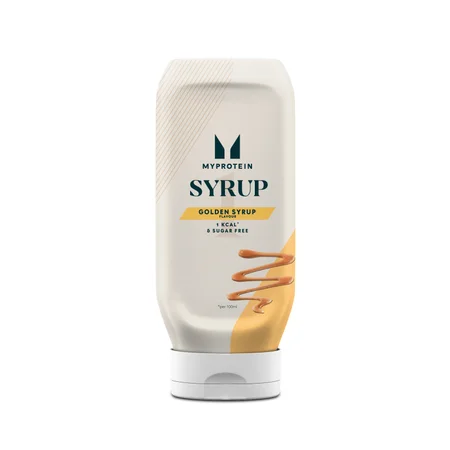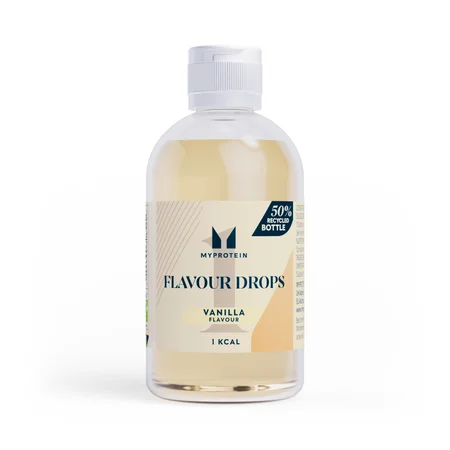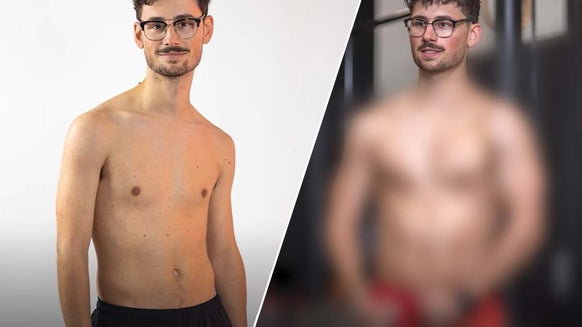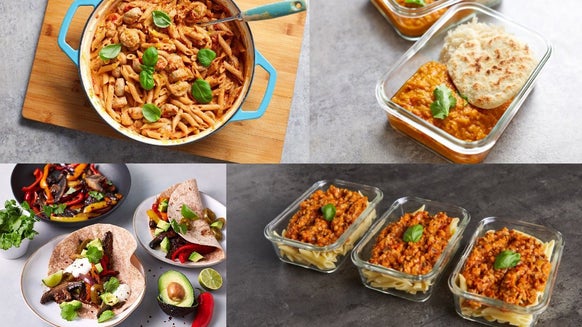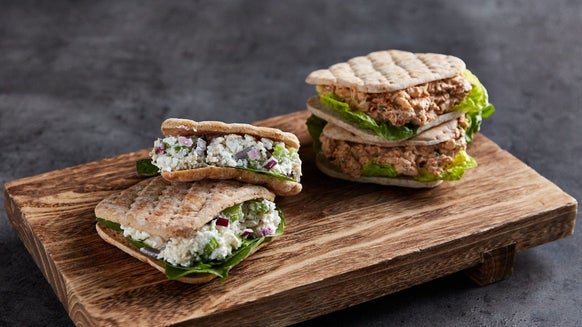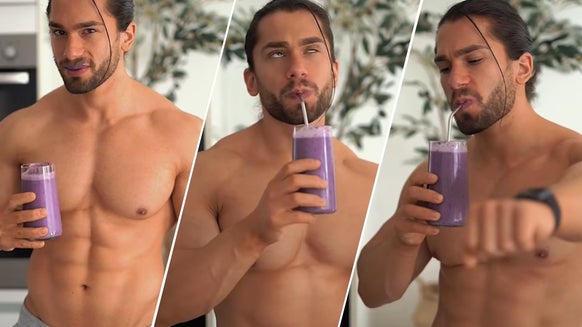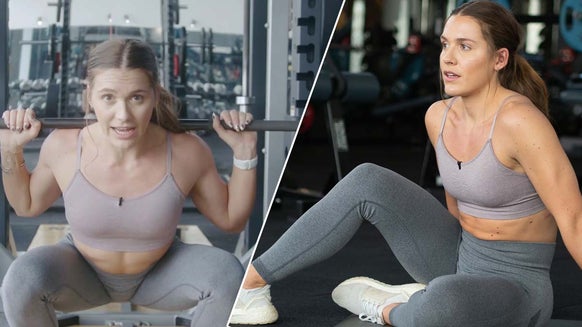Why You Don’t Need To Detox According To A Nutritionist
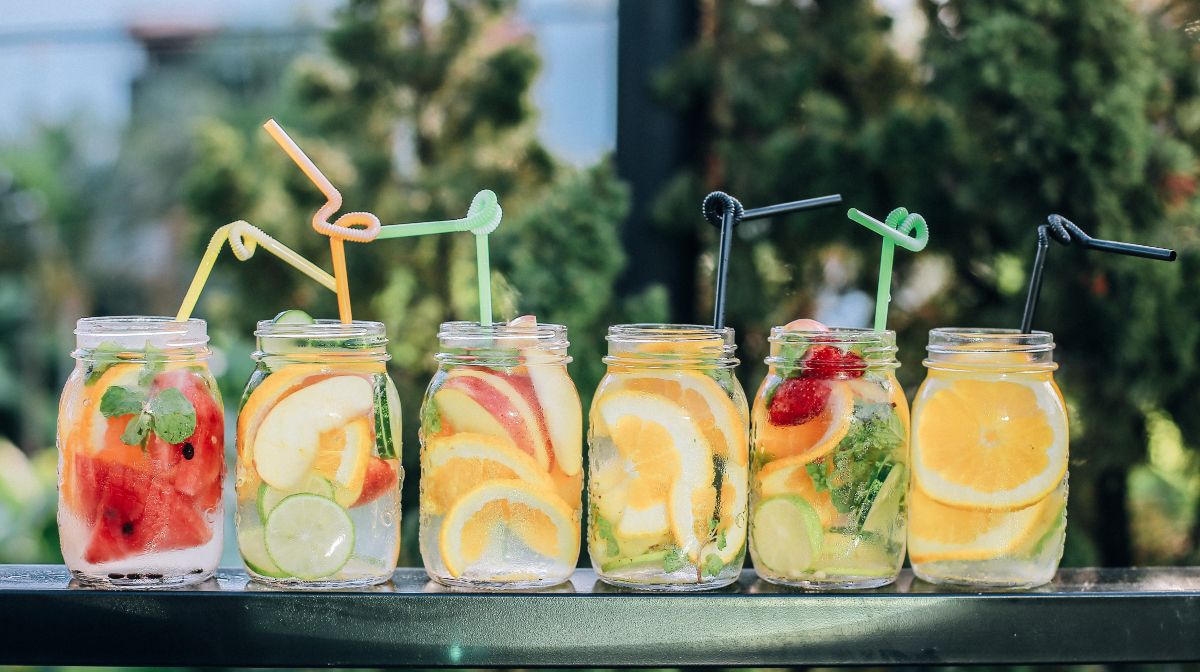
The festive season is one of indulgence. After copious amounts of pigs in blankets, mince pies, and Irish cream, your body may not be thanking you.
So, perhaps it’s your New Year’s resolution to get into shape, hit the gym, and be healthier – starting with a January detox?
Well, brace yourself because we’re going to reveal top secret information about THE best detoxing products on the market. Are you ready? Drumroll please…
Your liver AND your kidneys*

What is a detox?
Detoxification (detox) diets – also known as cleansing diets – claim to clean out your blood, digestive system, and eliminate toxic substances from your body. Almost like hitting a reset button and waking up a newer and fresher you.
In reality, you’ll probably wake up tired, hangry, and planning notes of apology to your co-workers. Something along the lines of:

Are there any benefits to detoxing?
There hasn’t been much scientific research conducted on detox diets, but some studies suggest benefits such as improved skin, better digestion, and weight loss. However, this is likely due to the sudden elimination of alcohol, processed food, and refined sugars. Plus, you’ll have a high intake of vitamins and minerals from fruit and veg, which you may have been lacking before.
Detox diets are typically very low in calories, which explains their weight loss potential. But, this weight will probably be regained once you resume your normal diet.
If you haven’t yet spotted it, the proposed benefits of detox diets can be achieved through any balanced calorie-controlled diet. So, is a detox really the healthiest and best way?

Why you don’t need to detox
Let’s get back to the wonder that is the human body — and the reason why you don’t need to detox this January (or any time for that matter).
Starting with the kidneys — these two bean-shaped organs may be small, but their vital functions literally keep us alive. Ultimately, their role is to detox. Here’s how they do it:
They maintain fluid balance. The kidneys contain renal tubules, which absorb water, glucose, sodium, potassium, and chloride back into the blood. The end result is a diluted fluid containing urea (a toxic by-product of protein breakdown) which is then excreted in the urine. They filter blood. Each kidney contains about one million tiny structures called nephrons. The nephrons take in blood, break down the nutrients, and remove any waste products — the renal vein then carries the ‘clean blood’ back to the heart. They remove waste materials from food, medications, and toxic substances. They produce hormones that aid red blood cell production, regulate blood pressure, and maintain bone health.
If you ask us, we’d say the kidneys have the detoxing job nailed. There’s really no need to survive on a concoction of maple syrup, lemon juice, and cayenne pepper (that’s the one thing Beyoncé didn’t get right).
Next, the liver. The liver works as a team with the pancreas, intestines, and gallbladder to digest, absorb, and process food. Independently, the liver’s job description entails:
Filtering blood from the gastrointestinal tract and passing it onto the rest of the body. Detoxifying chemicals – including those produced naturally as a waste product (such as anomia), those consumed through the diet (food additives, preservatives, sweeteners, alcohol, and pharmacology agents), and environmental toxins (fumes, air pollution). There, toxins are then combined with amino acids (proteins), so they can be removed from the liver through bile or urine. Secreting bile (a fluid containing cholesterol, bile acids, salts, and metals) which aids digestion by breaking down fats Storing vitamins A, D, E & K and glycogen (the storage form of carbohydrates for energy) Producing proteins essential to blood clotting and blood pressure regulation
The human body was built for a purpose — and it serves that purpose well! The need for extreme detox diets simply doesn’t exist. And the lack of research supporting detox diets means they’re potentially dangerous to your health.
Take home message
Remember, any benefits of detoxing can be achieved through drinking more water, laying off the alcohol, cutting back on processed foods, and upping your fruit and veg intake as a part of a balanced diet. We don’t need science to tell us this is the healthier and more sustainable way forward.
So, before you knock back that detox tea, rethink your goals — find a healthy lifestyle that goes beyond the first week of January.
READ THIS NEXT:
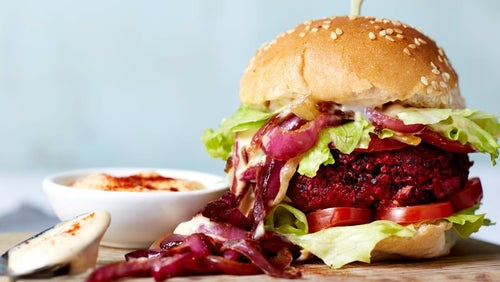
What Is IIFYM? | If It Fits Your Macros Guide
Can you eat whatever you want as long as it fits your macros?
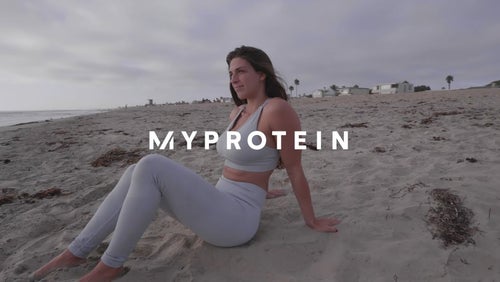
Video: Mackenzie Dern Talks Motherhood, Motivation, And Making A Comeback
An exclusive pre-fight interview with Mackenzie Dern and Mike Bisping.

Alice Pearson is a UKVRN Registered Associate Nutritionist and UK Anti‐Doping accredited advisor, having obtained a Bachelor’s of Science in Nutrition and a Master’s of Science in Sport Nutrition. She has a specialist interest in the use of sports supplements for improving health, fitness, and sport performance.
Alice has experience working with both amateur and elite athletes, including providing nutritional support to Tranmere Rovers FC and Newcastle Falcons Rugby Club. Her nutritional guidance is always supported by evidence‐based research, which she keeps up to date through continuing professional development and independent learning.
In her spare time, Alice loves travelling, hitting the gym, and getting stuck into a good book.
Find out more about Alice's story here.
1Morrison, J. A. & Iannucci, A. L. (2012). Symptom Relief and Weight Loss From Adherence to a Meal Replacement-enhanced, Low-calorie Detoxification Diet. Integrative Medicine, 11(2), 42-47.
2Kim, M. J., Hwang, J H., Ko, H. J., et al. (2015). Lemon detox diet reduced body fat, insulin resistance, and serum hs-CRP level without hematological changes in overweight Korean women. Nutrition Research, 35(5), 409-420. doi:10.1016/j.nutres.2015.04.001
